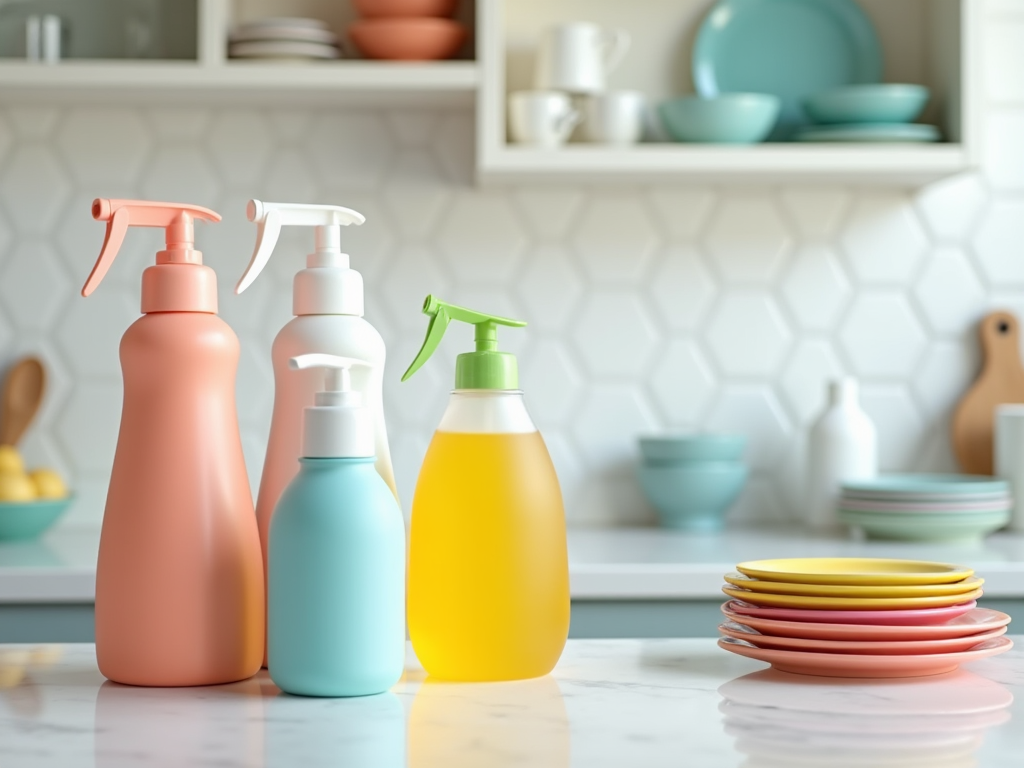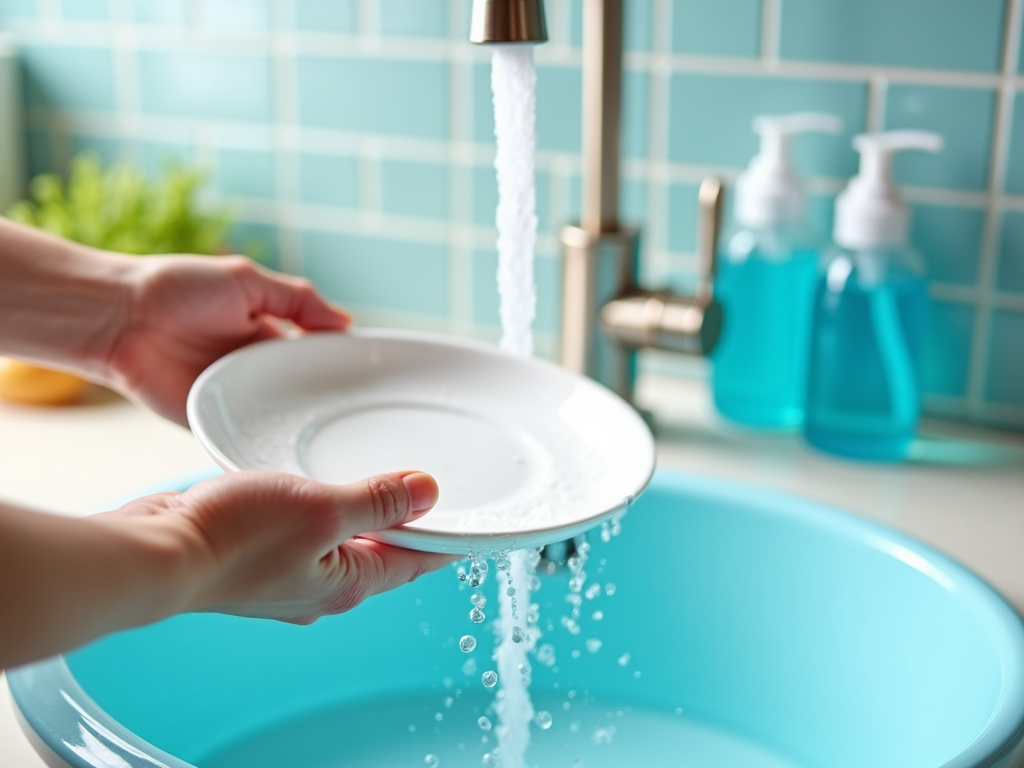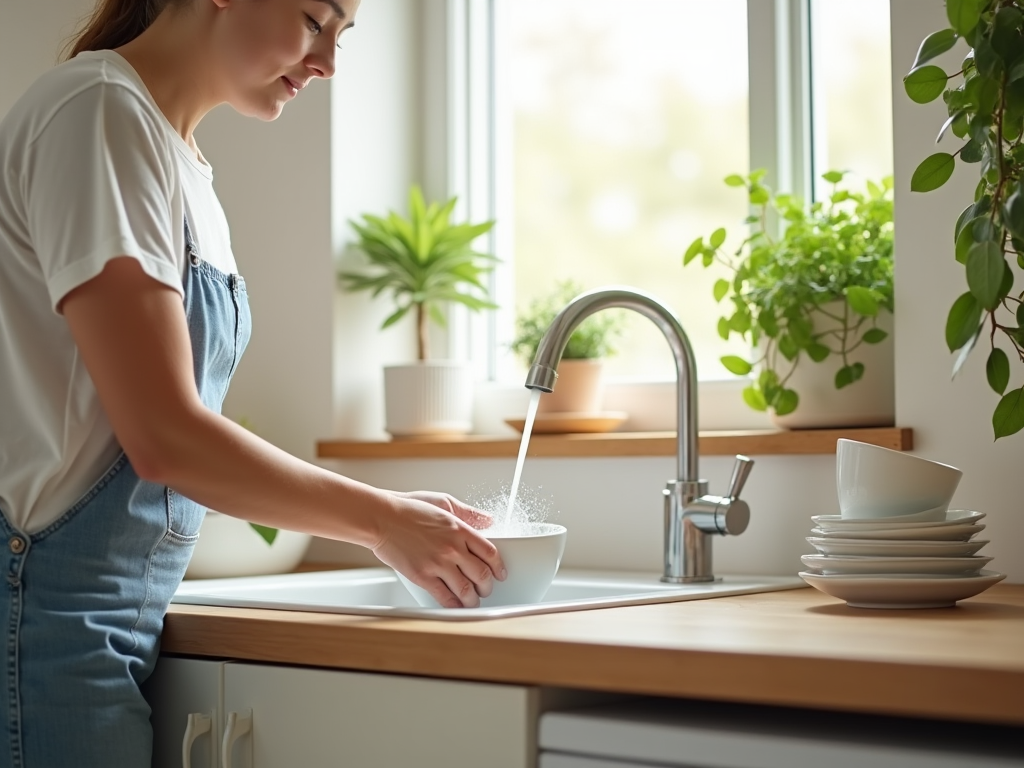For many of us, the daily ritual of washing dishes can feel mundane. However, this seemingly simple task holds some significant risks that we often overlook: excessive soap use is increasingly becoming a concern. Dishwashing soap can be a double-edged sword; it has the power to cleanse and sanitize, but when used inappropriately, it can lead to unwanted problems. Understanding the right amount of soap and how it affects both our dishes and our health is essential. In doing so, we can adopt cleaner, smarter, and more sustainable dishwashing practices that will benefit us and the environment. Let’s explore the intricacies of using soap in our dishwashing routine.
Understanding Dishwashing Soap

Dishwashing soap is a staple in most households, but what exactly is it made of? Typically, it includes surfactants, enzymes, and fragrances to help remove food residues and grease. These components work together to break down stubborn stains and sanitize your dishes. However, there are various types of dishwashing soaps available, each designed for specific uses. Some popular kinds are liquid soaps, powder soaps, and eco-friendly options made from natural ingredients.
When selecting a dish soap, it’s crucial to be aware of its formulation. Liquid soaps tend to be versatile and easy to measure, while powder soaps can often provide a more potent clean. Eco-friendly options are gaining traction for their healthier ingredients and minimal environmental impact. However, not all soaps are created equal, so it’s essential to read labels and understand what you’re using. The right soap can make a world of difference, not only for cleanliness but also for health and environmental safety.
Signs You Might Be Using Too Much Soap

Spotting the signs of overusing soap can save you from potential health risks and prevent unnecessary waste. One of the most apparent indicators is the presence of excessive suds in your sink. If you notice that your dishes are covered in a thick layer of bubbles, you might be using more soap than needed. Additionally, if your glassware feels slippery after washing, that could signal an accumulation of soap residue.
Another telltale sign is the lingering taste or smell of soap on your dishes, particularly with utensils that come into contact with food. This experience not only compromises your meal but can also pose health risks. Here are some more signs to watch out for:
- Cloudy glassware after washing.
- Frequent skin irritation or rashes after dishwashing.
- Difficulty rinsing off dishes properly even after multiple washes.
Using excessive soap can lead to health complications, both mild and severe. One common issue is skin irritation, which may manifest as redness, itching, or rashes on hands that come into contact with dishwashing soap. Prolonged exposure could lead to allergic reactions in sensitive individuals. Additionally, ingesting soap residue from inadequately rinsed dishes can result in gastrointestinal distress, including nausea and vomiting.
How Much Soap is Just Right?
Determining the correct amount of soap for your dishwashing needs can be tricky. For hand washing, a dime-sized amount of liquid soap is generally sufficient for a standard load, while larger pans and pots may require a bit more. For dishwashers, utilizing the manufacturer’s recommended soap amounts ensures optimal cleaning without making either your dishes or your budget dirty.
| Dishwashing Method | Recommended Amount of Soap |
|---|---|
| Hand Washing | Dime-sized amount |
| Small Load (Dishwasher) | 1-2 tablespoons |
| Large Load (Dishwasher) | 2-3 tablespoons |
Eco-Friendly Alternatives to Excessive Soap Use
In recent years, there has been a significant shift towards using eco-friendly and biodegradable dish soaps. These alternatives not only reduce environmental harm but can also be just as effective as traditional soaps. Natural cleaning hacks can also serve as excellent substitutes for those who prefer more sustainable methods. Ingredients like vinegar, baking soda, and lemon juice can effectively cut through grease without harsh chemicals.
Here are some eco-friendly alternatives you can try:
- Brands offering biodegradable soaps.
- Homemade vinegar and water solutions for general cleaning.
- Using baking soda as an abrasive scrub for stubborn stains.
- Fresh lemon juice to neutralize odors and enhance shine.
Best Practices for Washing Dishes
Maximizing efficiency while washing dishes can also help manage soap use. Start by scraping off food scraps and pre-rinsing tougher items before they go into either your sink or dishwasher. When handwashing, pay attention to the order in which you wash your dishes: beginning with glasses and ending with pots can prevent greasy residues from transferring to clean items.
The importance of rinsing thoroughly cannot be overstated; ensuring that all soap is completely rinsed off is crucial for safe dishware and optimal cleanliness. Additionally, letting dishes air dry can sometimes offer an added layer of sanitation, minimizing the risk of interest contamination from towels. These small changes can significantly enhance your dishwashing routine.
Conclusion
In conclusion, finding the right amount of soap for washing your dishes isn’t just about cleanliness—it’s a matter of health, safety, and environmental consciousness. By understanding the signs of overuse and making informed choices about the type and amount of soap, we can foster better dishwashing habits. Embracing eco-friendly alternatives and maintaining proper cleaning techniques contribute to a more sustainable lifestyle. Let’s rethink our dishwashing approach and promote habits that protect both our health and our planet.
Frequently Asked Questions
- How do I know if I’m using too much dish soap?
Look for excessive suds, slippery dishes, or lingering soap taste on utensils. - Is it safe to use dish soap on all dish types?
Most dish soaps are safe on various materials, but check for specific recommendations based on your dishware. - What are the signs that I need to switch to a different soap?
If you experience irritation, dishware isn’t getting clean, or you notice a strong chemical smell, it may be time to try a different product. - Can excessive soap harm the environment?
Yes, many soaps contain chemicals that can be harmful to aquatic life when washed away. - How can I save money on dish soap?
Use the recommended amount, consider eco-friendly options, and learn alternative cleaning methods using common household items.
